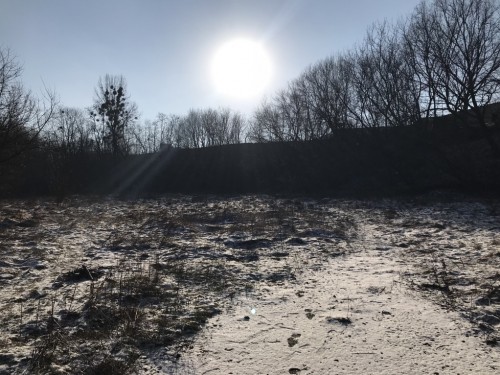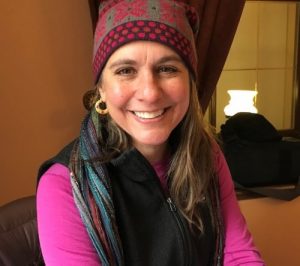
Critiquing Memorials in the US and Europe: Opportunities for Ukraine
-
- Course Duration:
- April 2018

Memorials are about remembering. What we memorialize may be uplifting examples of human courage and kindness or brutal reminders of the dark side of the soul. But who decides what will be honored and why? Memorials are public artworks designed to convey strong messages in a wide array of forms and functions. We memorialize wars, genocide, social upheavals, political icons, and artistic triumphs. The decision of what and how the past will be remembered is a nuanced, complex subject. In this class we discuss these issues, but focus on ways of memorializing the Holocaust, in particular the 75th Anniversary of the liquidation of Janowska Death Camp.
Course Summary:
The first two classes of this course will be conveyed through slide lectures and discussion.
Class 1 (April 12): We will examine Memorials and Monuments in the United States, with a focus on those sited at the national mall in Washington DC. The evolution of Monuments and Memorials will be visually shown and discussed. Over the years, representations of heroism and grandeur have ebbed and flowed like tides. We will highlight examples of Jim Crow era monuments that glorify Confederate leaders and racist themes. Recently, these celebrations of slavery and rebellion have become lightning rods for controversy due to shifting American attitudes and demographics. What were once honored statues and sites, are now painful reminders of the legacy of hate that still plagues the United States despite the election of President Barrack Obama.
Class 2 (April 16): We will investigate Memorials and Monuments to the Holocaust constructed from the later-half of the 20th century into the present. This year is the 75th anniversary of the liquidation of the Janowska death camp in Lviv. Therefore, we will focus on the evolution of Holocaust memorials in the United States, Europe, and Israel since that tragic event. We will discuss how narratives that inform these monuments reflect each nation’s identity and memory of the Shoah. In this light, we will discuss opportunities and challenges in Ukraine, using two emblematic Memorials in Lviv: The Space of Synagogues and the Lwow Ghetto Memorial.
Class 3 (April 19): Field trip to Space of Synagogues, Lwow Ghetto Memorial, and Janowska. Students will discuss these projects in the context of their sites.
Class 4 (April 23): In the 4th and final class, students will give short presentations on two topics: 1) critiquing a memorial they have experienced in Ukraine, and 2) propose an idea for a memorial that honors an event or person that is not yet represented in the Ukrainian landscape. These exercises will give students a deeper critical perspective on memorialization in Ukraine’s past, present, and future.
Feel free to ask for more details on the course at [email protected]

is a Professor of Sculpture at New Mexico State University in Las Cruces, New Mexico. She received her MFA from Syracuse University in 1993 and her BFA from the Maryland Institute College of Art in 1985. From January to June 2018, Prof. Rachel Stevens will stay on her Fulbright program in Lviv and implements a research art-project “A Forest Grows in the Synagogue: Reimagining the Galician Jewish Landscape through Sculpture”.
This seminar course takes place as part of the program "Lwów, לעמבערג, Львів, Lemberg, Lviv’43: The City that did (not) Survive". It is a series of memorial activities to commemorate the 75th anniversary of liquidation of the ghetto and Janowska concentration camp in Lviv. Throughout March-November, 2018, the city will host lectures, exhibitions, and memorial concerts. The program is running with support of Lviv City Council, and in partnership with research, museum, and cultural organization of the city, such as the Memorial Museum of Totalitarian Regimes "Territory of Terror," Center for Urban History of East Central Europe, Charity Fund Hesed-Arje, Lviv Organ and Chamber Music Hall, "Collegium Musicum" Music Agency, Jewish Studies Program at UCU, Charity fund B’ney B’rit "Leopolis" named after Emil Domberger.